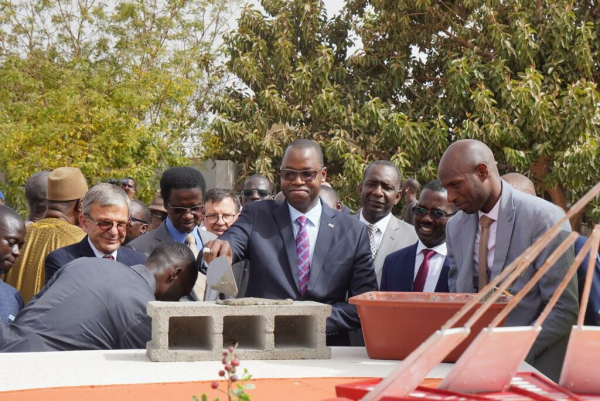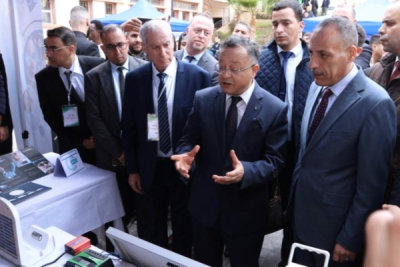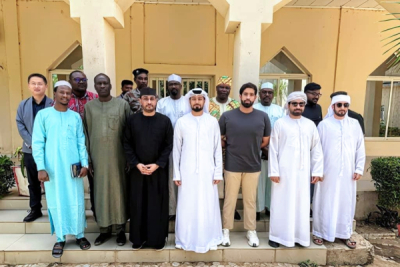Internet is an important tool for socio-economic development in Africa, but the majority of the population still has no access to it mostly because they are far from enabling infrastructures. To address that challenge, operators are turning to satellite internet.
In Senegal, Orange subsidiary Sonatel will improve its broadband coverage through its Gandoul-based ground station. On Tuesday, May 17, on the sidelines of World Telecommunication and Information Society Day and the fiftieth anniversary of the ground station, the operator reactivated the satellite internet infrastructure.
With Gandoul ground station, Sonatel wants to allow internet access for a larger population, notably those located in rural areas far from fiber-optic infrastructures and telecom towers. The service will be provided through “O3b mPOWER,” an advanced communication satellite system currently consisting of eleven satellites, intelligent software, and innovative ground infrastructures. In February 2022, it signed a service agreement with “O3b mPOWER” owner, Société Européenne des Satellites (SES).
"The multi-terabit capacity of O3b mPOWER satellite constellation and its automated ground infrastructure can generate thousands of dynamic beams to deliver unprecedented multi-gigabit per second and low-latency connectivity services to clients in Africa,” Sonatel says.
This will facilitate access to public and private online services for millions of Senegalese. In the long run, Sonatel may even extend its offers to other West African countries.
Gandoul ground station was inaugurated on April 5, 1972, by former president Léopold Sédar Senghor. It was first renovated in 1991, then in 2003 before welcoming Africa’s first intercontinental satellite antenna in 2020. In 1978, the ground station empowered most of Senegal’s international communications, making the country the first to transmit satellite communications in Africa. In 1981, it contributed to the successful launch of NASA’s space program Columbia.
Muriel Edjo



















